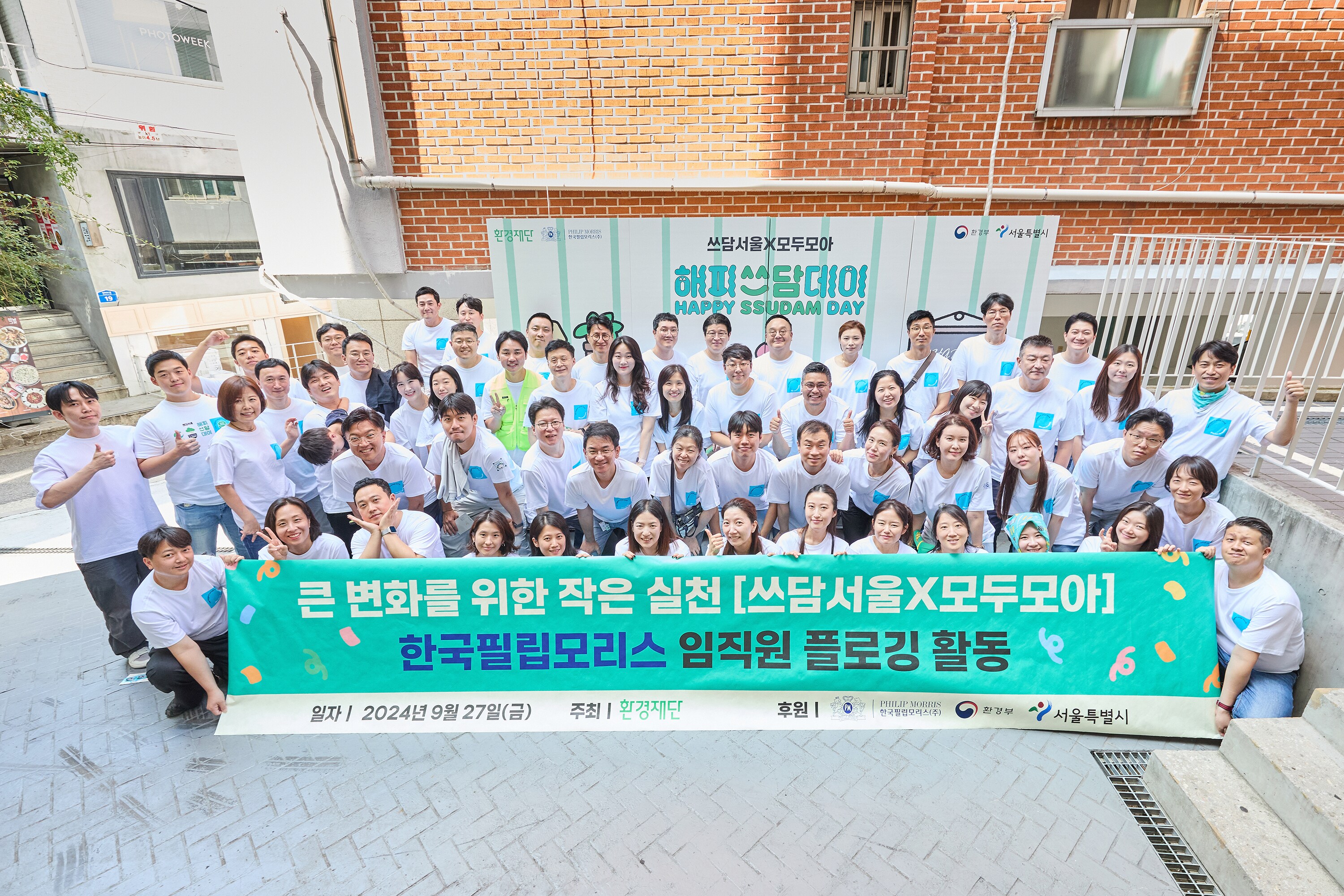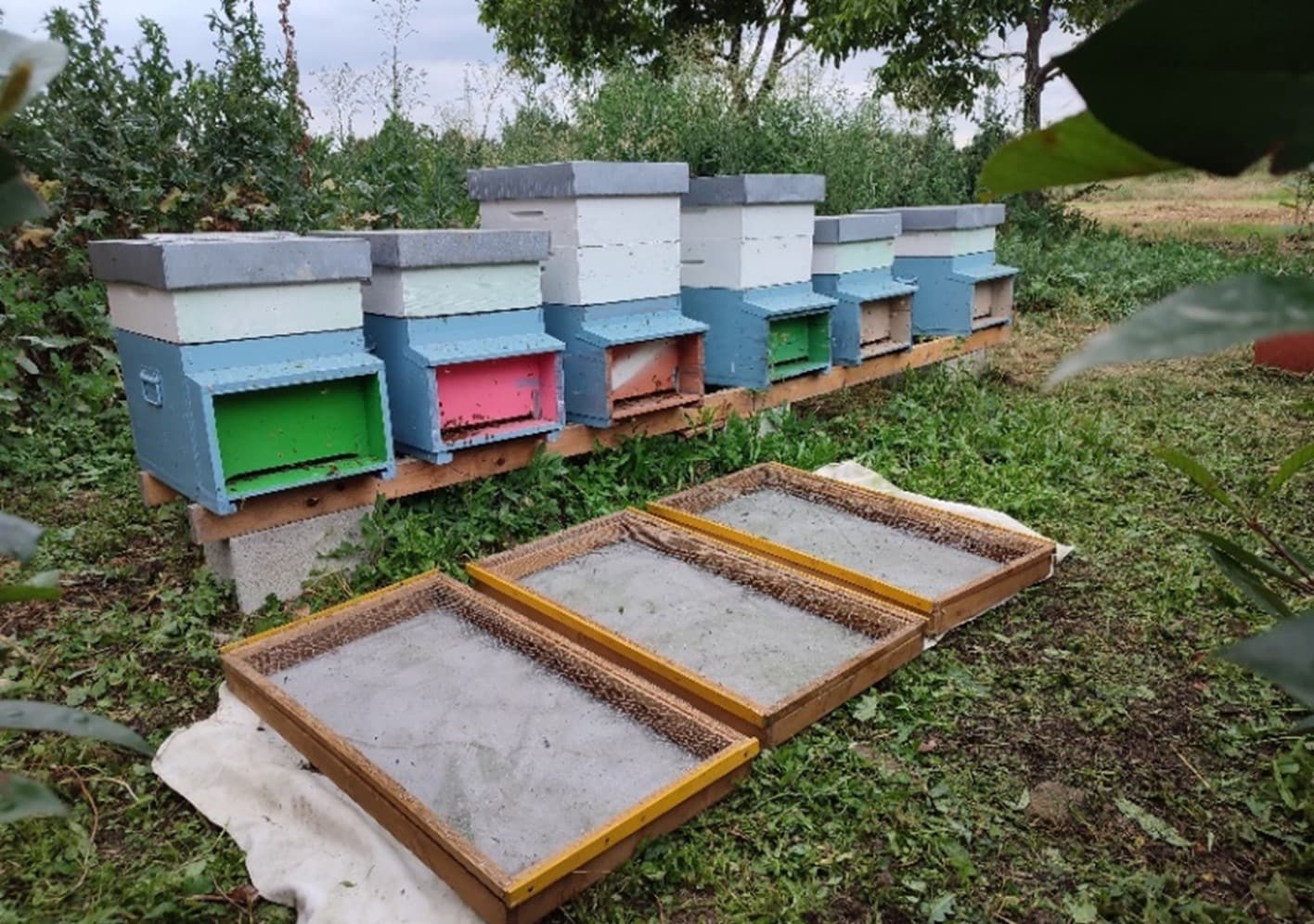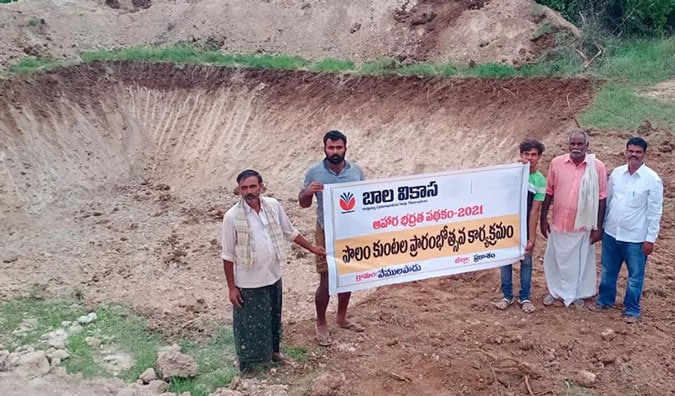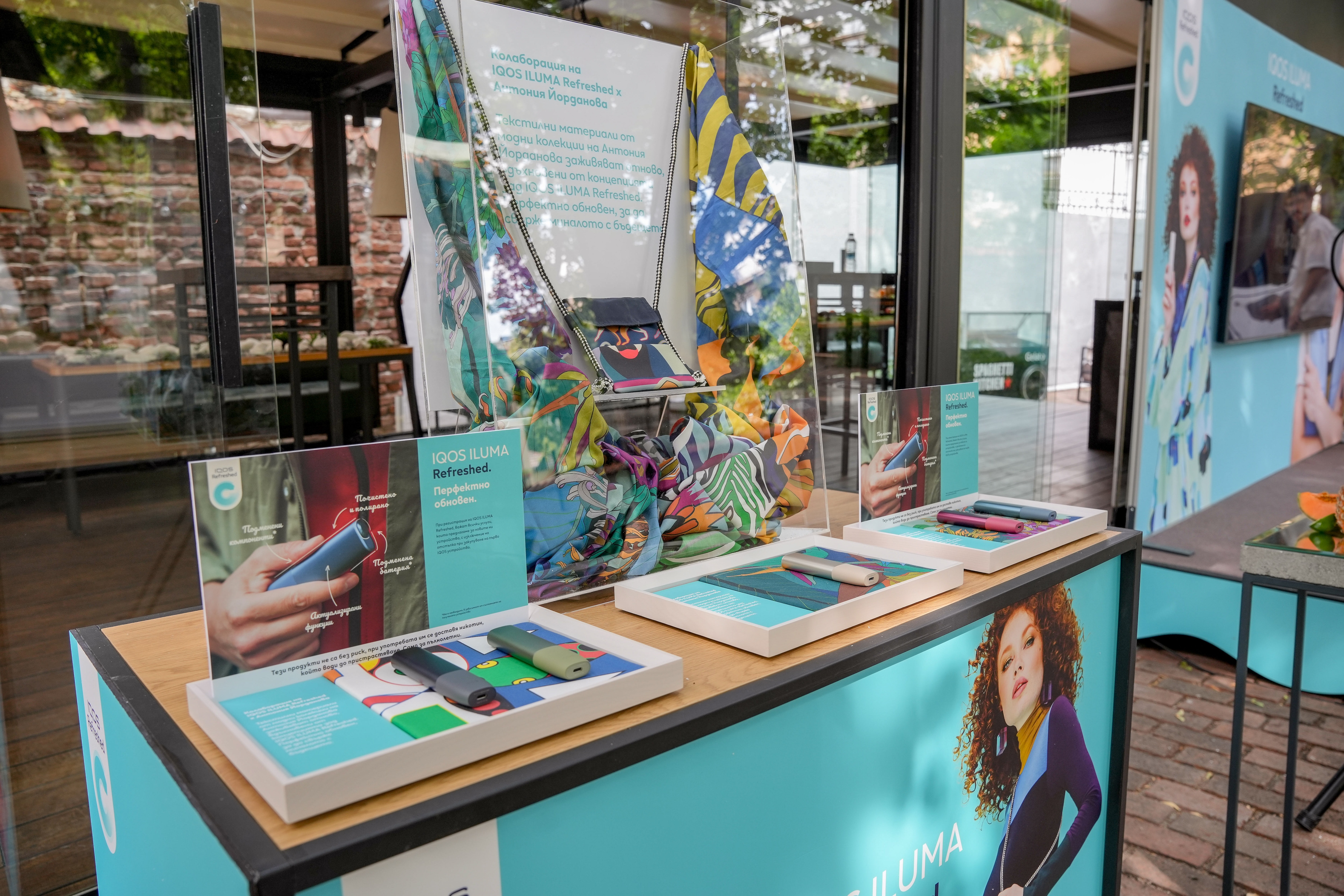Imagine a world where streets are clean and rivers flow without the weight of litter. Cigarette butts, once scattered across the pavements and clogging drains, are left in the past.
At PMI, we’re not just imagining this future—we’re helping make it happen. Our aspiration is to raise awareness and inspire responsible disposal habits, with the aim that our products are discarded properly after use.
From South Korea’s bustling streets to Tunisia’s urban waterways, PMI’s initiatives blend of innovation with community engagement are evidence of our ongoing dedication to contribute to sustainability. And one theme ties these success stories together: Collaboration.
An artistic revolution in South Korea
While walking the streets of Seoul or Yangsan, cigarette butts crumpled on sidewalks are a common sight and a silent contributor to urban pollution. Littering, in general, can lead to significant social and environmental challenges, including blocked drains and severe waterlogging in urban areas.
The challenge was significant, and to help address it, Philip Morris Korea (PMK) teamed up with the Local Government of Yangsan, the Korea Green Foundation, and the Local Artist Studio to launch a campaign as creative as it was effective. Previously focused on collection events, PMK evolved its approach into a sustainability hub, engaging employees, the public, and stakeholders in collective actions.
On June 5, 2024, in Yangsan, to coincide with World Environment Day, PMK joined the local government of Yangsan for a massive waste collection campaign, involving over 400 participants including local civilian groups, students, and volunteers. In total, 300 five-liter trash bags were filled. In addition to the litter collection, the event gave the opportunity to raise awareness and encourage behavioral change around littering.
Further enhancing visibility, in Seoul, PMK, the Korea Green Foundation, and the Local Artist Studio began creating artwork around drains to convey anti-littering messages. Regular community events and the application of this artwork engaged local people in meaningful dialogue about environmental stewardship.
To further its effort in the cause, and to coincide with World Clean Up Day at the end of September 2024, PMK held an annual clean-up event on September 27–28 and transformed a dedicated venue in Seoul into a platform for engaging people in waste collection activities by setting up multiple booths, featuring a Clean-up Activity and Experience Zone for campaign participants. In total, 666 volunteers, students, and local civilian groups, as well as over 70 PMK employees, collected 127.7 kg of waste, including 18,000 cigarette butts. Regarding the above campaign, the Korea Green Foundation secured naming sponsorship from the Seoul Metropolitan Government and the Ministry of Environment, contributing to the campaign’s visibility and credibility.
Battle against urban flooding in Tunisia
Tunisia faces a different issue than South Korea—related to the fact that the country is highly prone to flooding, which could be made worse by litter (including cigarette butts) blocking the drains. Blocked drains prevent the proper flow of rainwater, causing water to back up and overflow during heavy rains, often resulting in flooding, property damage, disruption, and, tragically, loss of life in some areas.To help address the issue of blocked drains, Philip Morris Tunisia partnered with Wayout, a local green startup founded in 2020 by young Tunisian entrepreneurs. Wayout developed “Zigofiltres,” innovative cages designed to simplify drain cleaning by isolating litter from rainwater, preventing blockages, and making the process safer and more efficient.
Willing to go further, PMI forged additional strategic partnerships to determine next steps. The company worked with the Municipality of Dar Chaaben El Fihri—one of the most flood-affected areas in Tunisia—and the Tunisian-Swiss Chamber of Commerce and Industry to implement this solution. In total, 246 Zigofiltres were installed, representing all the sewers across the municipality, in an aim to reduce flooding risks.
“The initiative is a tangible response to community challenges,” said Borhann Rachdi, PMI’s General Manager for Tunisia & Libya. “Collaboration between private and public entities can create sustainable solutions that not only help address environmental issues but also support local innovation and community well-being.”
Public awareness campaigns complemented the installation of the filters, encouraging shared efforts aimed at ensuring proper waste disposal. This initiative became a symbol of progress, inspiring other areas in Tunisia to adopt similar measures. Through education and community engagement, simple solutions like the Zigofiltres have helped minimize negative environmental impact.
The value of collective action
As PMI looks to the future, our dedication to sustainability remains a priority. Plans to explore new technologies and partnerships hint at an even broader impact, with the objective of developing filters with plastic-free alternatives and expanding waste management solutions.
The activities from South Korea and Tunisia exemplify the value of creativity and local partnerships, as well as PMI’s efforts to embed sustainability in everything it does. They also demonstrate the importance of strategic action and collaboration. In each market, tailored solutions have emerged and can emerge, addressing local challenges with precision and creativity.







